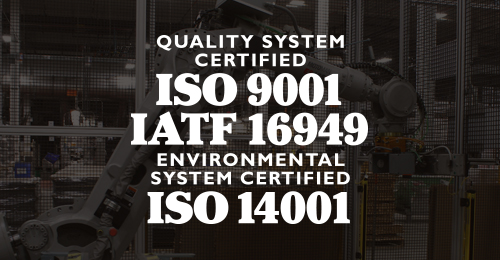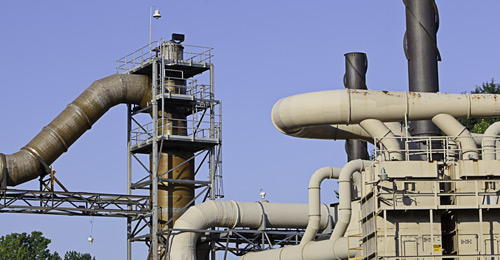ALABC Partners with Natural Gas Companies to Demonstrate Highly Efficient, Low Cost HEV
RESEARCH TRIANGLE PARK, NC (May 29, 2014) – Fleet operators throughout North America will soon be able to reduce fuel costs and lower emissions with new natural gas hybrid-electric start-stop vehicle (NGHV) technology demonstrated by the Advanced Lead Acid Battery Consortium (ALABC) and its partners in the NGHV Working Group. Vehicles using NGHV technology will give fleets cost-effective, easy-to-implement, safe and environmentally-beneficial alternatives to conventionally-designed gasoline/diesel engine vehicles.
The NGHV Working Group, a collaboration of leaders in the natural gas and lead-acid battery industries, recently introduced its first vehicle to demonstrate this concept. The vehicle, a RAM 1500 HFE with a start-stop system that was upfitted to operate with compressed natural gas (CNG) fuel and an advanced lead-carbon battery, manufactured by East Penn, made its debut earlier this month at the 2014 Alternative Clean Transportation (ACT) Expo in Long Beach, CA.
The NGHV project brings together two approaches that have until now been developed on separate tracks: compressed natural gas and off-the-shelf start-stop hybrid-electric technology using advanced lead-carbon batteries. By bringing compressed natural gas and hybrid-electric technologies together in a single vehicle, reduced fuel consumption and decreased emissions can be achieved at minimal cost.
The project technical approach was developed by the ALABC, and other project sponsors include natural gas partners Southern California Gas Company and AGL Resources, along with ALABC members RSR Quemetco and East Penn Manufacturing.
The NGHV project has four objectives:
- Clean and efficient – Immediate reduction in fuel consumption and GHG emissions of up to 5 percent is intended to compensate part of the range reduction specific to natural gas.
- Sustainable – The vehicle’s lead-carbon batteries are recyclable at a rate of 98 percent – no other battery chemistry recycles or comes close to this recycling rate.
- Affordable – By using off-the-shelf equipment and technology, costs are kept to a minimum. Advanced lead-carbon battery systems are one-third to one-fifth the cost of alternatives, like NiMH and Li-ion, and they do not require special thermal management and individual cell control systems that must be used with lithium-ion batteries.
- Domestically Sourced – Natural gas is produced and delivered from within North America. Advanced lead-carbon batteries use lead (90% secondary), plastics, and chemicals from domestic recyclers and are not reliant on imported lithium, cobalt, rare earths, etc.
The current demonstration vehicle represents the first phase of the NGHV project. The vehicle is a RAM 1500 HFE, which has a factory-installed start-stop system and a compressed natural gas fuel system, which was added by NatGasCar Co. of Cleveland, OH. The 12V advanced lead-carbon battery is provided by East Penn Manufacturing. Performance of the RAM 1500 will be tested as part of the U.S. Department of Energy Vehicle Technologies program.
Later this year, the NGHV project will enter its second phase, in which a fully-engineered vehicle of the same concept will be upfitted with other proven technologies to achieve even greater fuel economy and emission reductions. During this phase, ALABC member Electric Applications Inc. of Phoenix, AZ, will oversee the testing of other technologies in the Phase I RAM 1500 HFE, and the project sponsors (ALABC, Southern California Gas, East Penn, RSR and AGL Resources) will test the vehicle in their fleets.
About the ALABC
The Advanced Lead Acid Battery Consortium is an international research cooperative comprised of lead producers, battery manufacturers, equipment suppliers, and research facilities organized to enhance the performance of lead-acid batteries for a variety of markets, including hybrid electric vehicle (HEV) applications and various energy storage systems. Founded in 1992 as a program of the International Lead Zinc Research Organization (ILZRO), the ALABC pools the resources of its global membership in order to perform specific research on advanced lead-acid batteries that otherwise would not be possible by any single entity. For more information about the ALABC and its accomplishments, visit www.alabc.org.
Released by The Advanced Lead Acid Battery Consortium. For more information contact Chip Bremer

